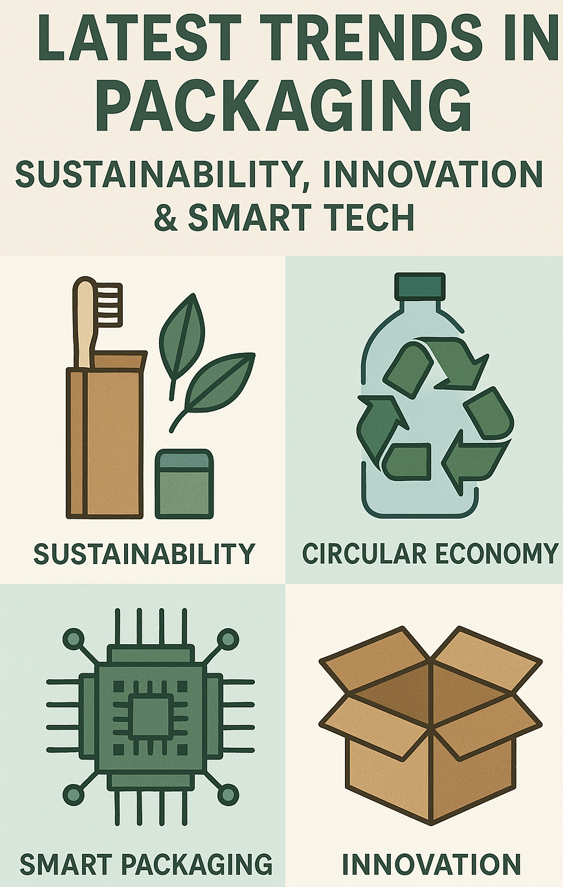
The 60-page tool is the result of the concerted efforts of 14 Montreal businesses, which have joined forces to form the Mon Commerce Zéro déchet community.
Starting in the fall of 2021 and continuing for a year, the members of the group explored and shared various initiatives aimed at reducing the number of residual materials, all with the support of several experts.
The actions carried out within the framework of Mon commerce zéro déchet (My Zero Waste Business) are in line with the vision and objectives of the City of Montreal's 2020-2025 Master Plan for Residual Materials Management (PDGMR) and its commitment to move towards zero waste by 2030.
"We believe that it is through concerted action and the pooling of ideas that significant changes can be made in this direction," said CMTL president Richard Deschamps, who is also the city councillor for the borough of LaSalle.
A call for candidates was launched to form the group: "We didn't target the food sector ourselves, they came to us," said Janie-Claude Viens, development officer -- Ecological Transition at Concertation Montréal.
The participating businesses were invited to share the practices they had already implemented or to experiment with new ones, all to inspire other entrepreneurs to follow suit.
"We try to answer the questions that other businesses might have if they decide to reduce their residual generation, so we give them ideas on what they can do, on the challenges that await them and many other tips," said Viens. "The 14 participating businesses have been very generous with their advice and experience and it gives a good idea of what can be done.
"It's a very accessible tool, and not just for food businesses. All types of businesses generate waste, and it is possible to produce less by putting a few measures in place."
The guide proposes, in the form of interviews with merchants, various concrete strategies to help other businesses reach the zero waste target, or at least get closer to it. These include the recovery of brewers' spent grains, the introduction of a deposit system for bulk containers, local sourcing and other initiatives that are part of a circular economy process.
Among other things, the study looked at La Bête à Pain in Ahuntsic, in partnership with the Silo brewery, and transformed the three and a half tons of bread recovered into 12,400 litres of beer, the equivalent of 26,000 cans.
For its part, Première Moisson joined forces with the Tablée des chefs to donate some 133,927 kilos of food over the course of a year. This represents 446,424 portions that were redistributed to 54 organizations across the province.
Finally, the neighbourhood grocery shop Les Emplettes offers baskets of unsold products at a discount, sometimes accompanied by recipe cards and suggestions on how to prepare these foods.
RESIDENTS INVITED TO PARTICIPATE
Although the guide is primarily intended for merchants concerned with reducing their environmental footprint, Concertation Montréal also invites citizens to adopt waste reduction behaviours at the source.
"We wanted to make these good practices public, but it's clear that with a core group of 14 businesses, we had a more limited reach," said Viens. "With the guide, we want to make more people, both other businesses and consumers, aware of the various tricks implemented by our participants, sometimes even in an invisible way.
"We hope that these initiatives will inspire consumers to take action to reduce waste, so that they become allies for these businesses."







